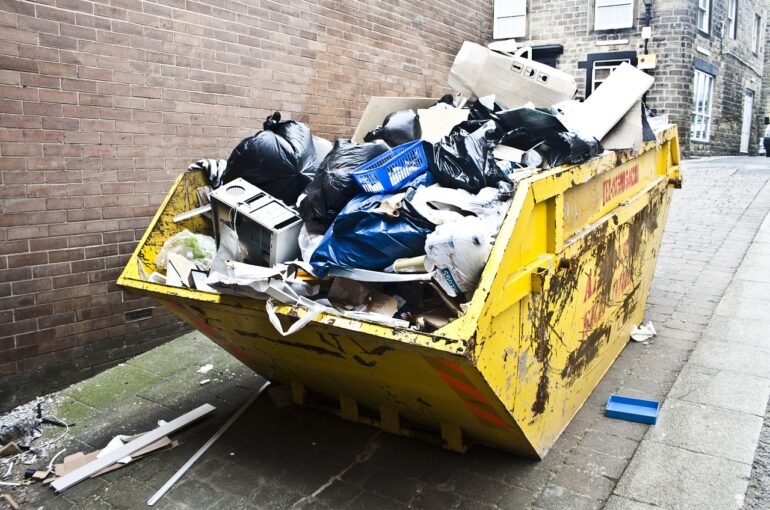Controls on waste shipments by the customs and tax authorities in Poland
SENT (System for Electronic Transport Supervision) is a system created by the National Tax Administration in Poland to monitor the transport of goods such as alcohol, tobacco or fuel.
As of February 2022, it also allows the cross-border transport of waste to be supervised.
Currently, every import of waste into Poland and transport of waste across the territory of Poland by road and rail must be registered in the SENT System operated by the National Fiscal Administration.
Experience and statistics show that, despite the regulations having been in force for over a year, carriers continue to encounter various problems with the SENT System and there is an increase in proceedings in Polish administrative courts on the grounds of the provisions of the Act on the Monitoring System for Road and Railway Carriage of Goods and Trade in Fossil Fuels of 9 March 2017 (hereinafter: the ‘SENT Act’) and fines imposed on carriers by the customs and tax authorities in Poland in connection with the transport of waste.
Carriers obligations when transporting waste across Poland
Monitoring by the National Tax Administration of road and rail transport of waste is carried out using the SENT ICT system.
Entities that carry out international trade in waste must register each transport in the electronic SENT register using the PUESC platform of the Ministry of Finance. In addition, the carrier is obliged to equip the means of transport with a device transmitting geolocalisation data, which enables the transport to be quickly traced.
In addition, the driver of the vehicle is obliged to have a reference number and to activate the locator during the entire route.
There is also an obligation to properly mark the means of transport carrying the waste.
Customs and fiscal authorities often check SENT declarations in the system after a transit through Poland and in the case of irregularities they initiate control and summon the carrier to present the means of transport for control in the nearest customs branch in Poland.
The control may also take place directly on the road during the transit.
In the course of controlling the transport of waste, the authorities most often verify: the possession of a reference number, data in the declaration, geolocation data, inspect the goods, and sometimes the means of transport is detained.
Fines for breach of obligations under the SENT Act
Severe fines are imposed on carriers when violations of regulations related to cross-border waste shipments are found. The infringements mainly consist in the failure to register the transport of waste within the territory of the Republic of Poland in the SENT system, failure to provide geolocation during the transport and failure to present the means of transport for inspection.
For example, in the case of a carrier’s failure to notify to SENT, finding that the goods do not correspond in type, quantity, weight or volume to the goods indicated by the carrier in the notification, a fine of PLN 20,000 is imposed on the carrier. These penalties may be imposed on the carrier for each carriage separately and are subject to cumulation, which means that by one decision the authority may impose several penalties.
Fines under the SENT Act are imposed by a decision of a competent Head of Customs and Fiscal Office, which may be appealed to the competent Director of Customs and Fiscal Office.
A final decision in the administrative course may be appealed against to the competent Voivodship Administrative Court and then, in the case of an unfavourable judgment, to the Supreme Administrative Court in Warsaw.
The SENT Act provides for the possibility to waive the imposition of a penalty by the authority, but this requires the fulfilment of special conditions, including the existence of an important interest of the carrier or the public interest.
Summary
The aim of the SENT Act was to counter the grey market and protect the transport of sensitive goods across Poland.
In practice, however, penalties are frequently imposed on honest carriers and for minor infringements.
The proceedingsunder the SENT Act are characterised by many differences, and to the extent not regulated by the SENT Act, the provisions of the Tax Ordinance apply. Our lawyers are handling many such proceedings and defending the interests of carriers against the imposition of fines by the customs and tax authorities.


